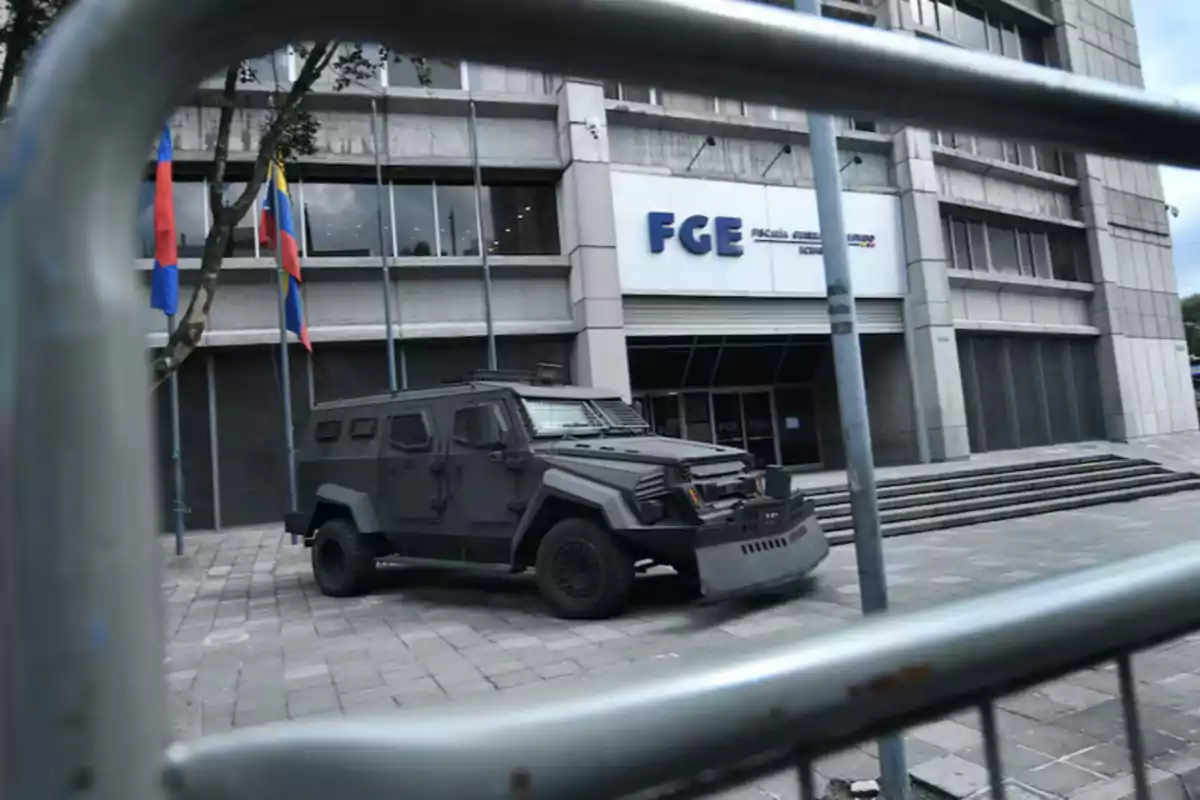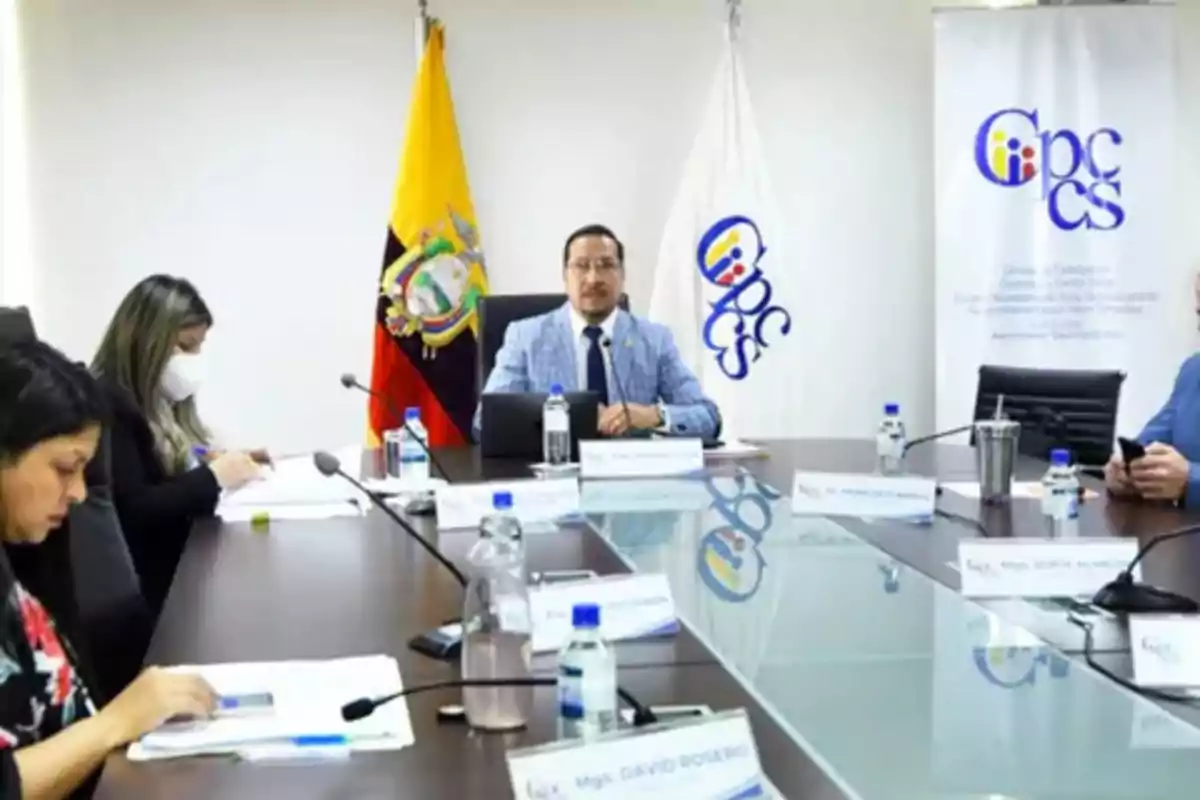
The Council evaluates assets to safeguard the selection of the new prosecutor
Amid fears of criminal infiltration, rigorous asset control is being proposed
The process to select the new head of the Office of the Attorney General began amid growing distrust toward the judicial system. Diana Salazar's resignation, who remained in extended functions until May, accelerated the need to form the citizen commission that will carry out the public selection process.
The Citizen Participation and Social Control Council (CPCCS) must guarantee the integrity of the process. To this end, the possibility of requesting candidates' authorization to access their asset and tax information is being considered. This measure would allow the detection of inconsistencies or possible cases of tax fraud.
The proposal comes from the National Federation of Lawyers, which considers that ethical, political, and asset probity must be the main filter. In response, the CPCCS is evaluating the inclusion of a voluntary declaration in the application form to review income, accounts, and background.
The urgency is due to precedents such as the Metástasis and Purga cases, where organized crime allegedly manipulated judicial officials. These revelations have fueled citizens' fear about infiltration in key State institutions.
In June, the regulations governing the selection process were reformed. Disqualification was extended to those who are prosecuted or convicted for 42 crimes, in addition to offenses against public administration. However, lawyers who have defended individuals accused of drug trafficking are not prohibited from applying, a loophole that could be exploited.

The citizen commission will be composed of ten members: five representing civil society and five delegates from State functions. While citizens must win a merit-based competition, the delegates face public challenges.
CPCCS president Andrés Fantoni committed to forming this commission within 30 days, a period shorter than the usual four to six months. Although a legal report was requested to expedite the process, no concrete proposals were presented to shorten the timeline.
The current regulations provide a single opportunity for commissioners to request verification information from other entities. If false documentation is detected, the candidate will be disqualified but will retain the right to defense in two instances. Citizen oversight and asset control could make the difference in this selection process. In a context where institutional trust is fragile, every step counts to preserve the independence of justice.
Shielding the selection process for attorney general is crucial to prevent criminal structures from accessing the judiciary. Strengthening ethical and asset controls reinforces democratic institutionality and protects Ecuador from the risk of criminal co-optation.
More posts: